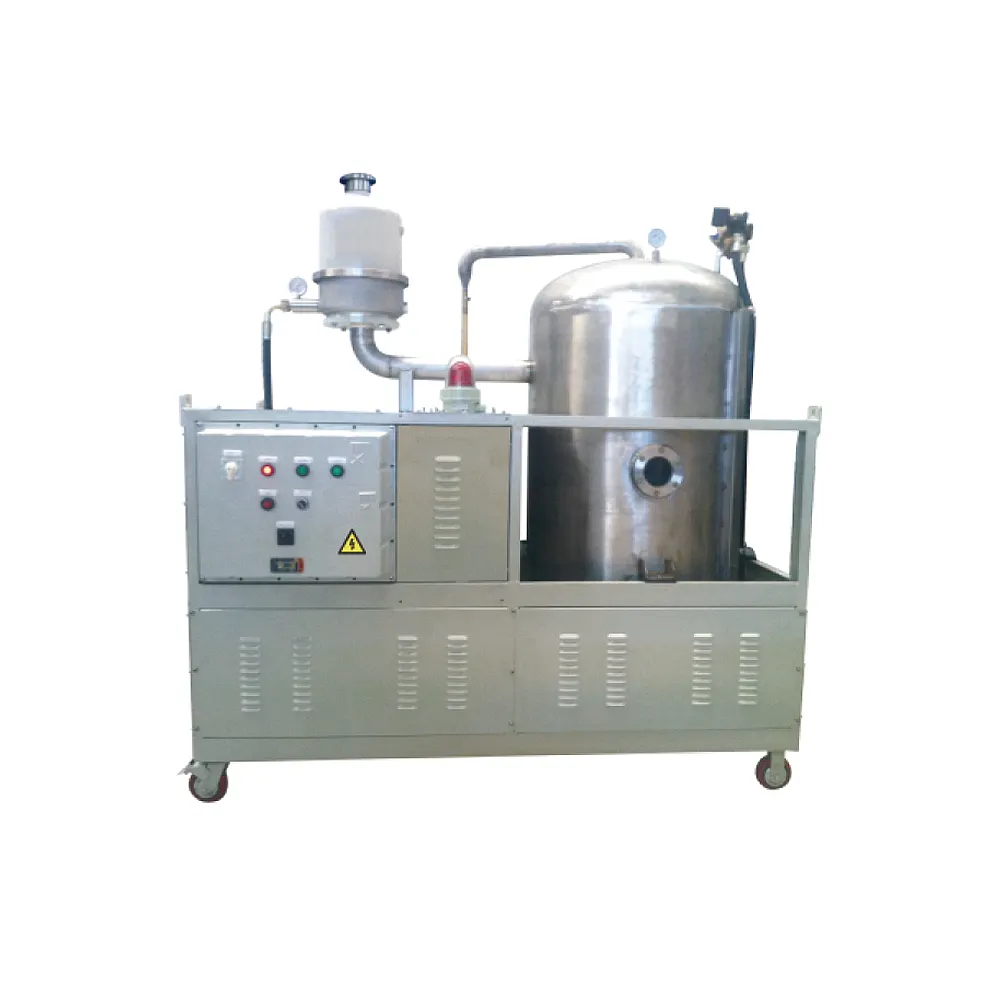The Future of Industrial Oil Filtration Has Arrived
Motors, engines and also hydraulic systems all utilize some kind of oil as their "lifeline." Oil not only acts as a lubricating substance for engines, equipments and motors, however also as the incompressible fluid necessary to the procedure of hydraulic systems.
The oil within these makers will certainly degrade when engines are stressed out to their limitations or when hydraulic equipment is running continually. It can suggest trouble for the makers reliant on its stability if the destruction of this vital liquid isn't addressed with some necessity by cleaning or replacing the oil.
Oil comes to be degraded or "dirty" for a number of reasons: Age, exposure to severe temperatures as well as the abovementioned element of tension as a result of overuse. Furthermore, a spike in temperature level triggered by a static electricity fee will trigger the oil to degrade.
The results from these incidents are oil oxidation as well as the launch of cost-free radicals, microscopic bits as well as various other pollutants within the oil. If oil gets to a stage where the oxidation procedure takes hold, it will certainly lead to raised thickness - or thickness - within the oil.
Varnish
If not cleansed or changed, this thickened oil will ultimately form varnish. This sludge-like material can suggest big trouble for hydraulic systems and also other equipment.
Following are some of the problems that varnish can provide:
Sticking or freezing of mechanical parts.
Power "decreases" or lower.
Frequent filter adjustments.
Increased leak potential due to endure seals.
Wear and also tear and also potential permanent damage to bearings and also various other parts.
The Solution
The byproducts that accumulate and also inevitably result in the development of varnish are insoluble. This implies these results are not with the ability of being broken down or liquified. This makes varnish elimination extremely challenging by traditional means.
Criterion mechanical oil filtration systems do not attend to varnish troubles. There are sensible options for the elimination and also prevention of varnish. One option that has actually remained to acquire popularity within commercial setups in recent times is electrostatic oil filtration.
With conventional hydraulic oil filters - and industrial filtering- the oil or lube will move through a filter including products such as cellulose, woven fabric as well as very fine metal mesh. While filtering system some of the dirt as well as debris, not just do the microscopic pollutants get through, however the product that does obtain caught gathers as well as eventually puts a pressure on the system. These filters have to also be altered regularly bring about raised expenditures.
Electrostatic oil cleaners and filters run in a different way and also much more properly when it pertains to the removal of insoluble particles. This kind of oil filtration device is set up in a "kidney loophole" fashion and also will carry out an electric charge to the fragments within the oil. Rather than fragments being "caught" in a filter, which at some point brings about the gumming up of a system, the bits as well as impurities are gotten rid of entirely as well as placed in a collector device.
The use of this modern technology has actually led to general better system performance, reduced expenses and enhanced production. When it concerns commercial oil filtration and also cleanliness, the "wave of the future" has arrived in electrostatic technology.
